What Does Reflective Supervision Really Look Like?
Welcome back to the Social Work Café blog.
In this post, we’ll be diving into some key insights from my recent conversation with Jazmin Pursell, an experienced social worker with a rich and diverse background.
Jazmin’s journey is truly fascinating, as she initially began her career in the banking and finance sector before making the shift into social work.
She has since built a versatile career in various sectors, including housing, schools, and academia.
Currently, through her own business, she provides supervision and career coaching to social workers, as well as training in the NDIS (National Disability Insurance Scheme) space.
Our conversation centred on social work supervision, a topic that I am deeply passionate about.
Reflective supervision has played a critical role in shaping my development both as a social work practitioner and as an academic.
Without it, I wouldn’t be the social worker I am today.
Supervision is more than just a procedural task; it’s a powerful professional development tool.
Unfortunately, in many neoliberal environments, supervision can often be reduced to an administrative box-ticking exercise. But as Jazmin eloquently pointed out, supervision is a fundamental aspect of professional practice and essential to our well-being as social workers.
In our field, we are often exposed to indirect trauma, making it crucial to have a space where we can process those experiences, gain constructive feedback, and critically reflect on our practice. Quality supervision offers precisely that.
Drawing on our code of ethics and professional standards, we can advocate for supervision to be embedded into the fabric of our organisations.
Supervision must not be relegated to the sidelines, especially during times of budget cuts, when its importance is needed more than ever.
Jazmin and I both love the different ways supervision can take place, whether in individual or group settings. It’s not just about discussing caseloads or ticking off tasks on a to-do list.
Effective supervision helps replenish us as professionals. It provides a space for us to reflect on our careers, our professional identity, and our practice as a whole.
It’s also about creating supportive environments where we can nurture and grow.
As we spoke, I was reminded of my earlier conversation with Katie Murrell-Orgill, another dedicated social worker who actively seeks out expert supervisors.
Katie’s approach is a great example of how we can all take ownership of our professional development by connecting with supervisors who can guide us in our specialist fields. In this way, supervision becomes a proactive, enriching experience.
Jazmin shared some excellent tips for setting up an effective supervision relationship.
These include crucial elements like confidentiality, record-keeping, agenda-setting, and establishing clear expectations around dual learning.
She also mentioned a thoughtful technique she uses to start her sessions: by checking in with her supervisee’s well-being. This allows the supervisee to slow down, reflect on themselves, and enter a reflective headspace for the session.
When searching for a supervisor, Jazmin advises doing some research beforehand.
You can start by looking at their profile on LinkedIn or other platforms to assess their qualifications and areas of expertise.
Then, reach out to them for a conversation to see if they might be the right fit for the kind of supervision you’re seeking.
Reflective supervision is deeply personal, so it’s important to find someone whose approach aligns with your needs.
The final topic we discussed was Jazmin’s favourite supervision technique, which draws on ecological systems theory.
This classic social work theory is often applied in practice, but Jazmin highlights how it can also be useful in supervision.
By mapping out the systems that influence a social worker’s practice, we can gain a clearer understanding of the forces at play and reflect critically on how these systems impact our work.
In conclusion, a major takeaway from my conversation with Jazmin is the parallel between social work practice and supervision.
Both settings benefit from relationships that are supportive, nurturing, and growth-oriented
Supervision is not just a task to check off; it’s a vital component of our well-being and professional development as social workers.
Stay tuned for more insights from the Social Work Café.
Until next time!
Dr. B

